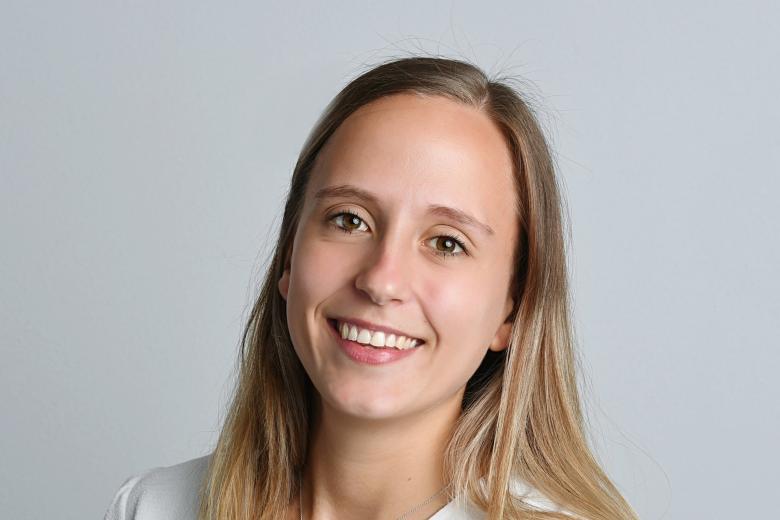Maastricht University appoints two Elverding chairs
The Maastricht University Executive Board has appointed two new chairs in honour of former DSM top-executive Peter Elverding, effective as of 1 January 2019, to keep alive the memory of his contributions to the socio-economic development of the Netherlands. What makes the Elverding chairs so unique is that they combine corporate law and economics (more specifically, corporate finance). This is expressed in the close collaboration between professors and chair-holders Mieke Olaerts of the Faculty of Law and Rob Bauer of the School of Business and Economics. The chair positions are financed by the business community.
Long-term goals
The Elverding chairs help companies and European governments with innovative ideas make long-term decisions. Long-term decisions allow for the development of innovative products and services, create job opportunities and contribute to a prosperous and sustainable society. Companies that set long-term goals are better equipped to solve important social problems, such as energy transition and other issues currently being protested by members of the yellow vests movement. Unfortunately many companies are being pressured to generate increasingly higher profits in the short term, under the influence of shareholders or owners and by offering more scope internally for bonuses that affect short-term profitability. As a result, long-term goals are put on the back burner.
Studium Generale will host a special session on this topic on 19 March 2019, from 20.00 to 21.00. Audience members are encouraged to share their opinions.
Also read
-
Why some people hesitate to vaccinate and how healthcare can address this
Doubts about vaccination continue to be a significant challenge for global public health. The World Health Organisation (WHO) has listed vaccine hesitancy as one of the top ten threats to global health.
But what exactly is vaccine hesitancy and how does it impact our society? How can we address it...

-
New technique measures live activity of gut bacteria
Professor Ellen Blaak, PhD Gilian Larik and research team are tracking in MRUM fermentation chambers, how gut bacteria respond to food.

-
GROW research: all-in-one test for genetic defects in embryos🧪
Researchers at Maastricht UMC+ and GROW have developed a technique that can analyse the entire genome in a single test, allowing for faster determination of embryos suitable for successful pregnancy.
